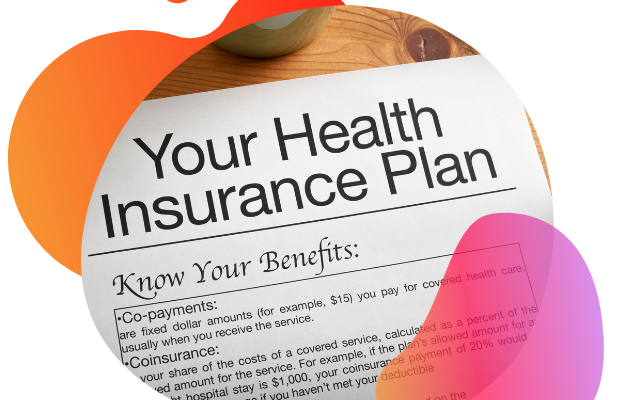Understanding the U.S. Healthcare System
The healthcare system in the United States is complex, often differing significantly from systems in other countries. Unlike nations with universal healthcare, the U.S. operates on a predominantly private healthcare model. Access to medical services is often facilitated through private health insurance plans, government-sponsored programs, or out-of-pocket payments.
1. Private Health Insurance:
Many Americans and visitors obtain health coverage through private insurance plans. These plans, offered by various providers, come with a range of coverage options, including different types of plans like Health Maintenance Organizations (HMOs), Preferred Provider Organizations (PPOs), and more.
2. Government-Sponsored Programs:
The U.S. government provides health coverage through programs such as Medicare for seniors and Medicaid for low-income individuals and families. However, these programs are generally not available to non-U.S. citizens visiting the country.
3. Out-of-Pocket Payments:
Without insurance, individuals may be required to pay for healthcare services out of pocket. Medical expenses in the U.S. can be high, making this option a risky and potentially costly choice for those without coverage.
Importance of Health Insurance for Visitors

1. High Healthcare Costs:
Medical care in the United States can be expensive, and the absence of health insurance may result in substantial financial burdens in the event of illness or injury.
2. Access to Quality Healthcare:
Having health insurance ensures access to a network of healthcare providers and facilities, allowing you to receive timely and quality medical attention when needed.
3. Emergency Situations:
In emergencies, rapid and effective medical response is crucial. Health insurance provides coverage for emergency services, ensuring you receive prompt care without financial strain.
4. Peace of Mind:
Health insurance offers peace of mind, knowing that you are financially protected against unexpected medical expenses during your stay in the U.S.
Factors to Consider
1. Duration of Stay:
The length of your stay in the U.S. plays a significant role in determining the necessity of health insurance. Short-term visitors may weigh the risks differently than those planning an extended stay.
2. Risk Tolerance:
Your personal risk tolerance is a crucial factor. Assess your comfort level with potential medical expenses and consider how much financial risk you are willing to assume without insurance.
3. Health Conditions:
Your current health conditions and medical history should also be considered. Pre-existing conditions may increase the likelihood of needing medical attention during your stay.
4. Activities Planned:
The activities you plan to engage in during your visit matter. If you’re participating in adventurous activities or sports, the risk of injury may be higher, making health insurance more advisable.
5. Legal Requirements:
Some U.S. states may have specific requirements for health insurance coverage, especially for certain visa categories. Check local regulations to ensure compliance.
Options for Health Insurance Coverage

1. Travel Insurance:
Short-term visitors often opt for travel insurance, which provides coverage for unexpected medical expenses, trip cancellations, and other travel-related issues.
2. Visitor Health Insurance:
Specialized visitor health insurance plans are designed for non-U.S. citizens visiting the country. These plans offer coverage for medical emergencies, hospital stays, and other healthcare needs.
3. Private Health Insurance:
Long-term visitors, such as international students or expatriates, may consider private health insurance plans tailored for their specific needs and duration of stay.
Making the Decision
1. Assess Your Risk Profile:
Consider your health, the nature of your visit, and your tolerance for financial risk. If you have pre-existing conditions or engage in activities with higher risks, health insurance becomes more crucial.
2. Explore Coverage Options:
Research and explore the various health insurance options available to you. Compare costs, coverage limits, and policy details to find the plan that best suits your needs.
3. Check Visa Requirements:
If you are entering the U.S. on a specific visa category, check whether health insurance is a requirement for your visa status. Compliance with visa regulations is essential.
4. Review Legal Obligations:
Be aware of any state or local regulations that mandate health insurance coverage for visitors. Failure to comply with legal obligations may have consequences.
5. Plan for the Unexpected:
While no one plans for illness or injury, having health insurance ensures that you are prepared for unexpected situations, offering financial protection and peace of mind.





2 Comments on “Healthcare in the USA Do I Need Health Insurance?”